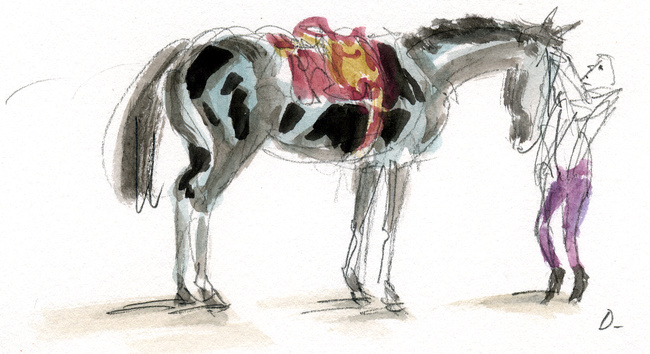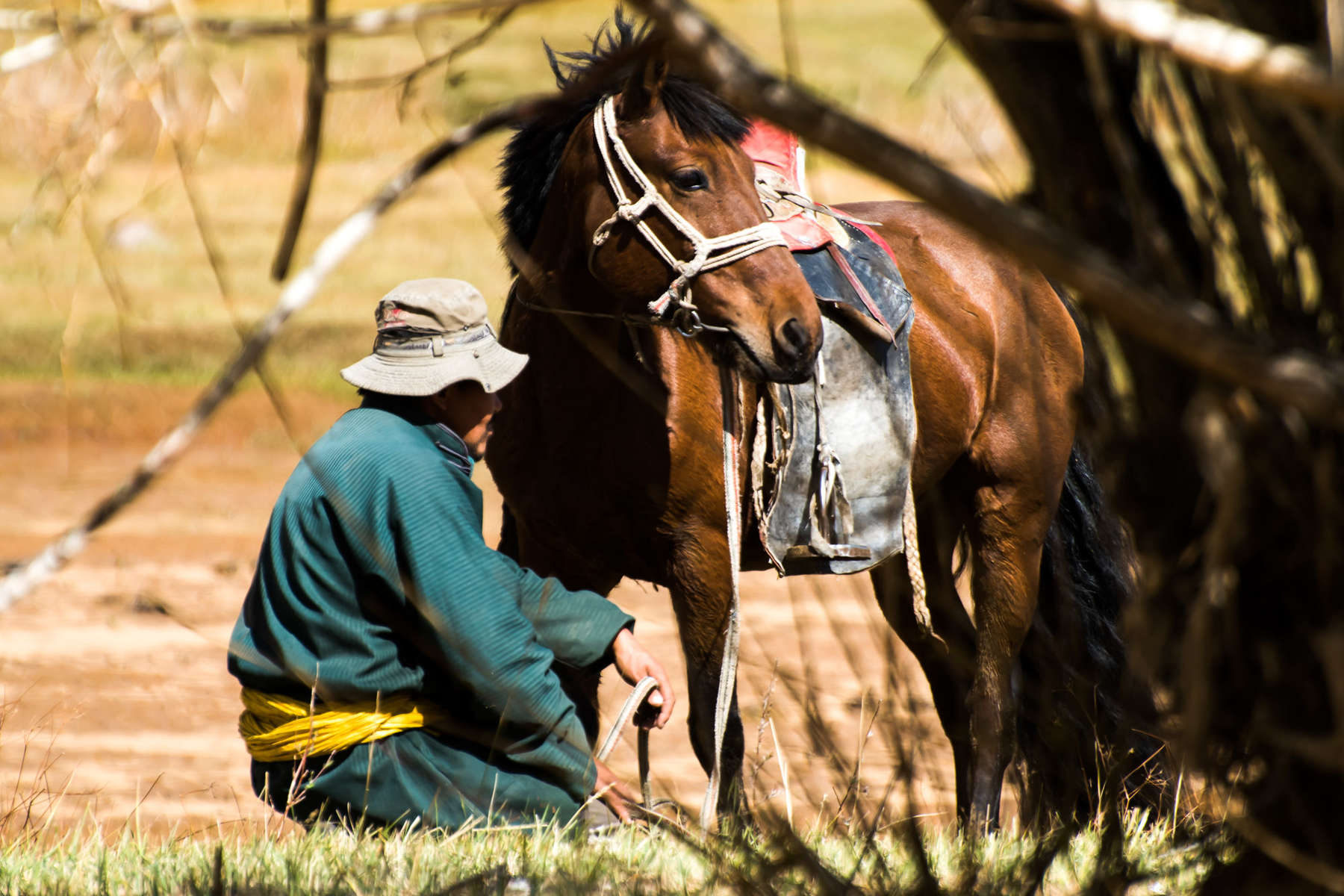Our philosophy
Equus Journeys are horseback travel specialists. As such, we have a responsibility towards our clients and always make sure to offer the best possible holiday experience. Our rides are regularly tested and we review every feedback to make sure our riding holidays comply with our standards in terms of safety, comfort, and horse welfare.
We travel the world to find the riding experiences that encompass our values, keeping equestrian traditions at the heart of our project. Over the years, we have travelled to Iceland to help the local farmers in their annual sheep round-up, worked with the Butteri in Italy and the gauchos of Argentina, visited Golega Fair in Portugal, and have been on countless other adventures.
At Equus Journeys, we think that a riding holiday is the opportunity to discover a new culture and open your mind to new horizons. As the saying goes, "travel is the only thing you buy that makes you richer"!
Although cultures differ from one country to the other, some very simple rules and principles will allow you to make the most of your horseback adventure. We have created the "Ethical Charter of Travellers" in relation to respect, nature, locals and horses. Respect is the basis of a better experience and we suggest you read it before your holiday.

Extracts from the Ethical Charter for riders.
These extracts are part of the equestrian extension from the "Ethical Charter of Travellers" in relation to respect, nature, men and horses. We invite you to read it before your holiday. Respect is the basis of a better experience
• Striking up a conversation with a pedestrian whilst you are mounted could be interpreted as a sign of superiority over the walker. Dismount, stay between your horse and the person you are talking to - your conversation and the quality of your meeting will then be on an equal footing.
• Watering places are precious and essential to human, animal and farming life. Ask permission before letting horses drink from wells and do not soil the water and the surrounding area.
• Equestrian cultures are varied and all are good if they are done right. The urge to discover, your humility and respect are a reflection of your curiosity. The horse - the heart of your travel
• In ethology, anthropomorphism signifies the projection of human motivations and feelings onto an animal. Avoid this practice with your horse and treat him with humility and respect.
• Letting your horse trot to catch up whenever it pleases him is a bad habit which is very hard to correct. All horses should be able to walk on at a decent pace.
• Local guides, who know their horses, are the best placed to advise you on girthing, adjusting the tack, drinking, tethering etc. Between riders…
• Whilst riding, we have to remember to respect the other horses and riders who share our ride and perpetuate the tradition of good manners. We should always be conscious of our actions.
• We advise you to always wear a hard hat/helmet, even if your guides and other riders do not wear one - it is your head! There are many lightweight, ventilated helmets available nowadays.
• Be courteous to your fellow riders - point out possible dangers such as holes and low branches, and pass back messages from the guide.

